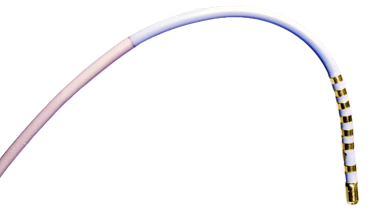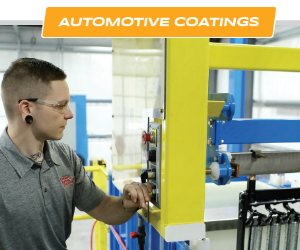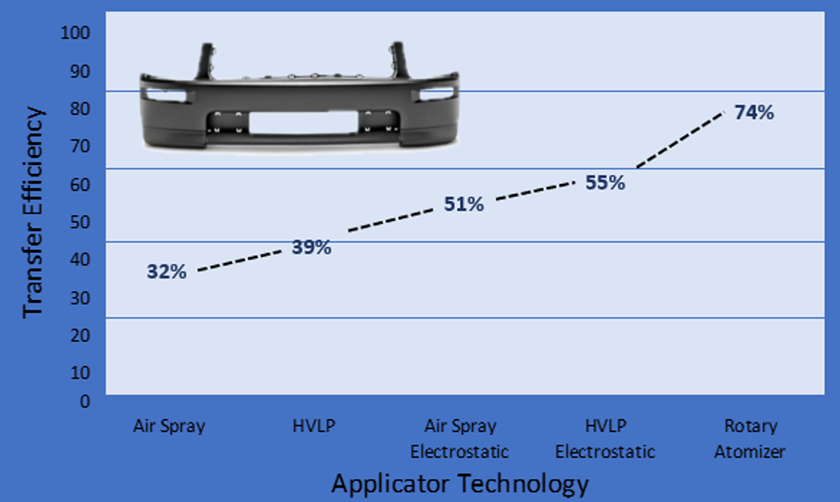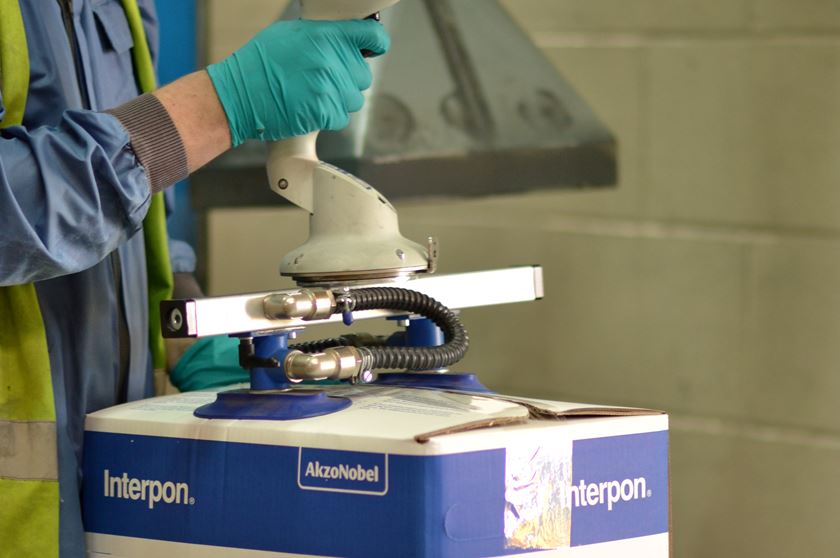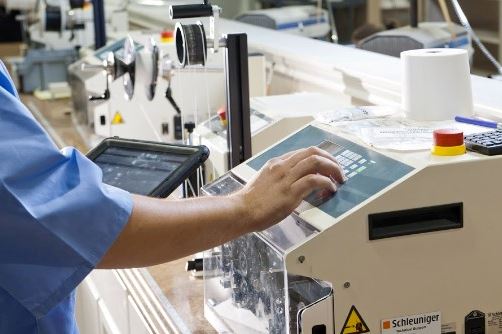ProPlate Uses Pure Platinum and Gold in Additive Plating Process
The company says pure gold and platinum are superior at conducting electricity and have other performance advantages compared to platinum-iridium alloys and stainless steel.
#additive-manufacturing
ProPlate (Anoka, Minnesota) uses pure platinum or gold with its additive plating process, rather than using a machining process and various methods of limited installation for rigid stainless steel or platinum-iridium alloys as markers and electrodes. In this scenario, the company says electroplating has a clear advantage. Instead of subtractive machining followed by an installation process such as swaging or crimping, electroplating builds the platinum or gold layer gradually, several micro-inches at a time, and can be selectively applied in myriad shapes and thickness designs with tight control of tolerances. Therefore, ProPlate says it is advantageous in this specific application to use an electrode installation because it enables the use of pure soft forms of metal instead of hard platinum-iridium alloys.
Compared to platinum-iridium alloys and stainless steel, pure gold and platinum are superior at conducting electricity and have other performance advantages. The advantage of gold or platinum is that pure gold shares similar properties and characteristics with pure platinum regarding biocompatibility, low potentials for corrosivity and dissolution, high density, ductility and malleability. Gold is a superior electrical and thermal conductor, while platinum has higher electrical resistivity and hardness properties in comparison. These properties are often advantageous for catheter component performance, especially for applications requiring electrodes for sensing, stimulation and ablation. ProPlate uses electroplating processes to apply gold or platinum onto complex catheter component geometries, often resulting in lower-dimensional profiles and eliminating the risk of marker or electrode ring dislodgement. According to ProPlate, gold electrodes and pure platinum electrodes may result in a higher ablation success rate and reduce char/coagulation formation incidents, making these electrodeposited metals the preferred electrode material of choice over platinum-iridium electrode or stainless-steel materials used in ablation applications.
RELATED CONTENT
-
Hubbard-Hall Welcomes Technical Service Rep
Hubbard-Hall hires Jameson Grout as a technical service representative.
-
Products Finishing Unveils 2022 Plating and Anodizing Top Shops
2022 Top Shops for electroplating and anodizing recognized at Products Finishing awards presentation at SUR/FIN in Rosemont, Illinois.
-
NASF/AESFF Announce Electroplating & Surface Finishing Course
This web-based training program is designed for operators and supervisors of job shops and captive shops applying a broad range of surface finishes on a variety of substrates.



